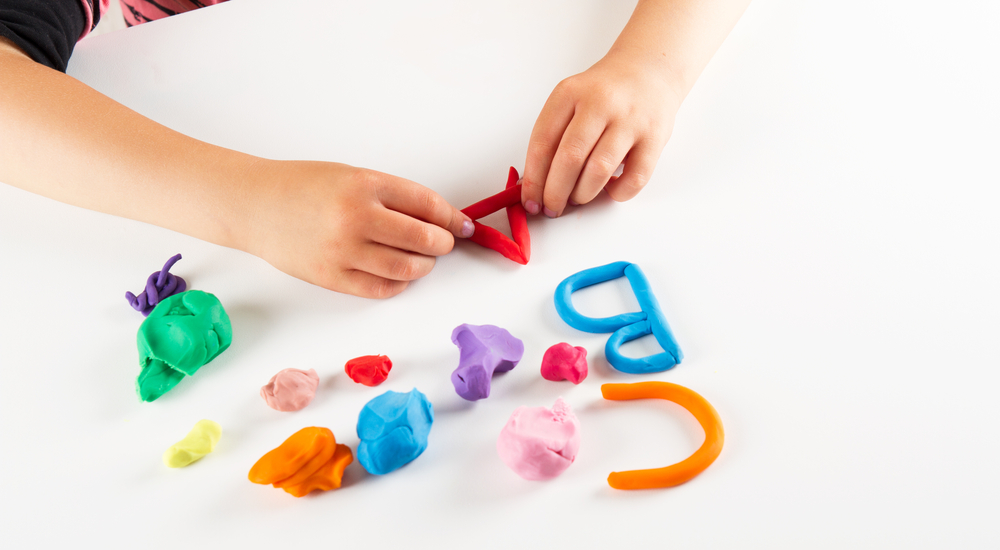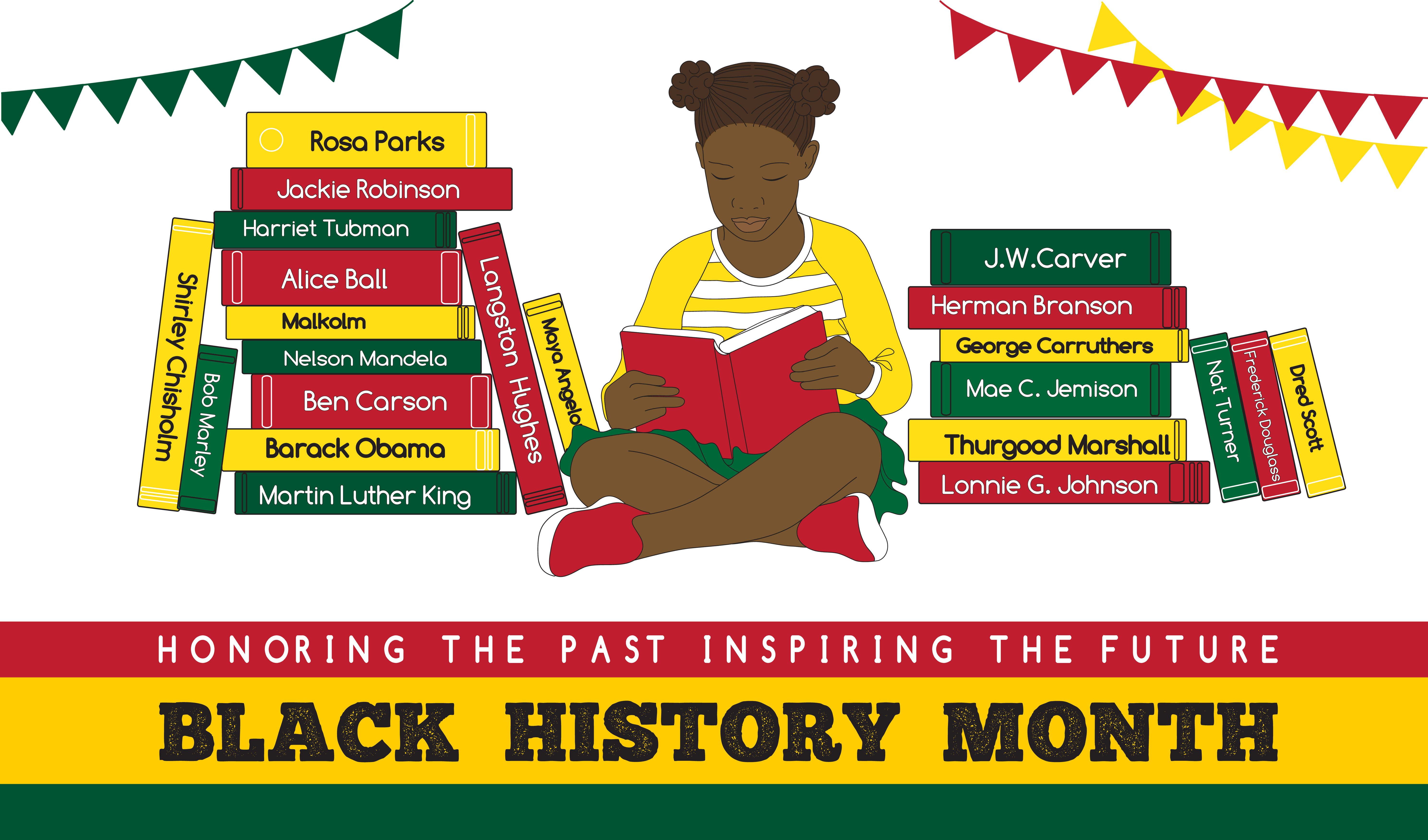Easy Problem Solving worksheets activities for Ages 7-8
4 filtered results
-
From - To
Discover engaging Easy Problem Solving Worksheets designed specifically for children ages 7-8! Our collection features a variety of fun and interactive activities that promote critical thinking skills and enhance logical reasoning. These worksheets aim to challenge young minds while keeping learning enjoyable. From puzzles to riddles, each activity encourages kids to think creatively and develop strategies for tackling real-world problems. Ideal for classroom or home use, these resources make problem-solving skills accessible and entertaining. Give your child's learning journey a boost with our thoughtfully crafted worksheets that nurture curiosity and confidence in solving challenges independently! Explore the possibilities today!
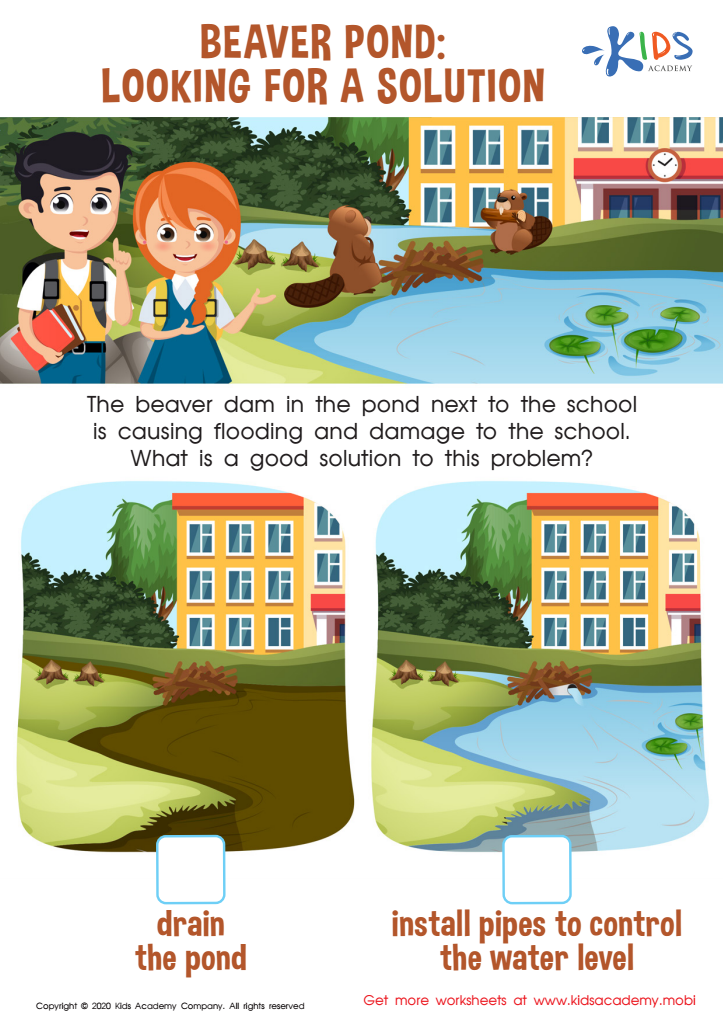

Beaver Pond: Looking for a Solution Worksheet
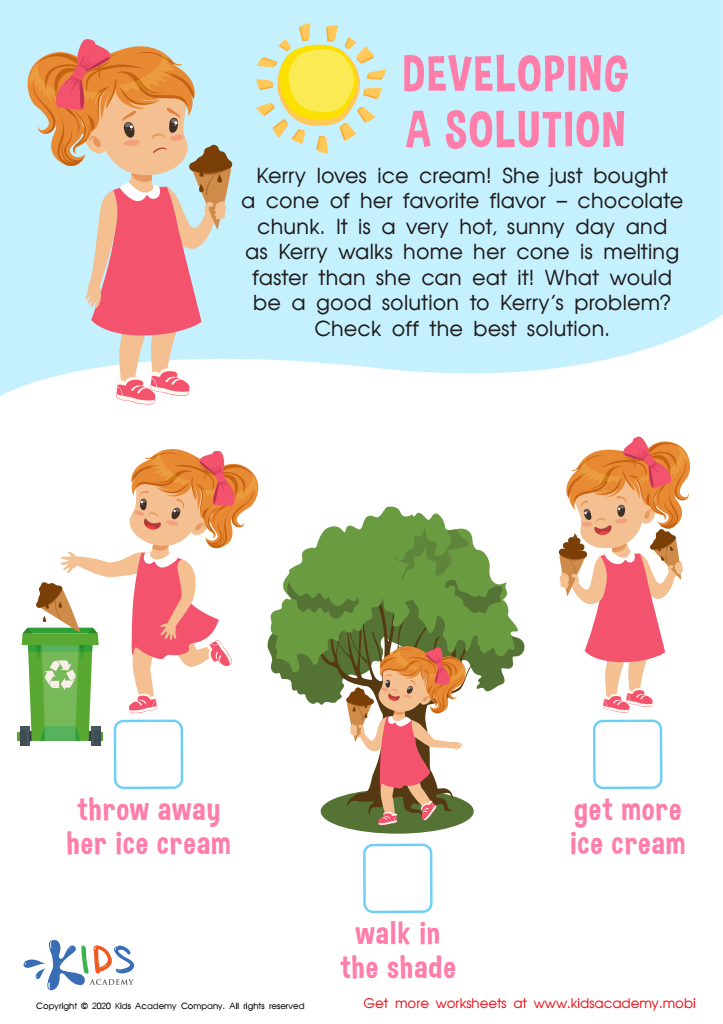

Developing Solution Worksheet
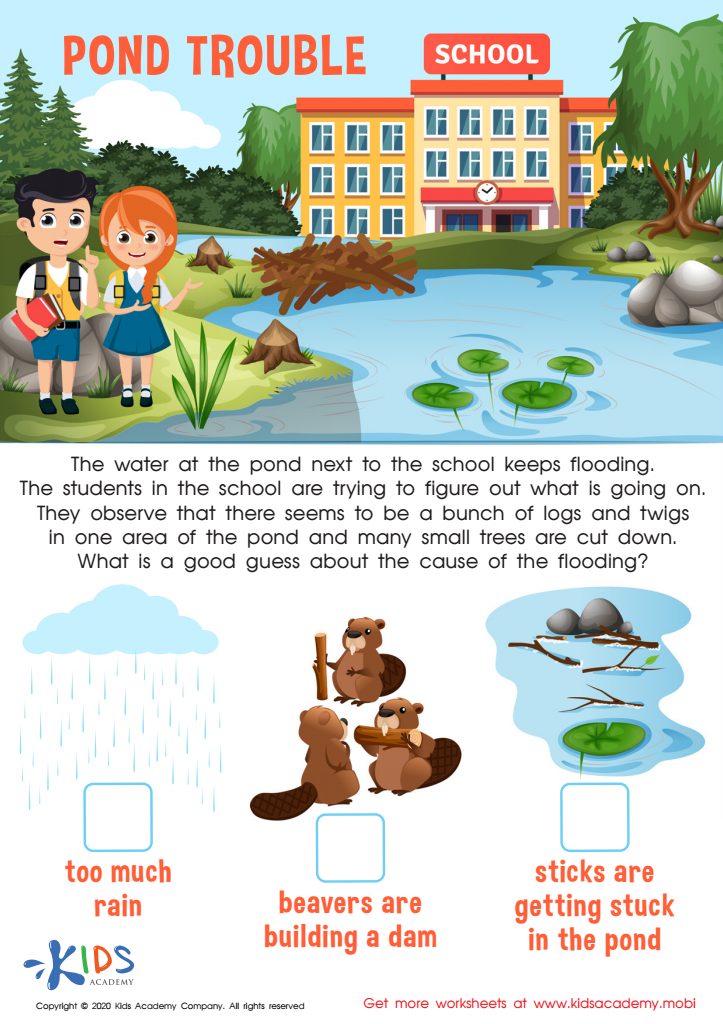

Pond Trouble Worksheet
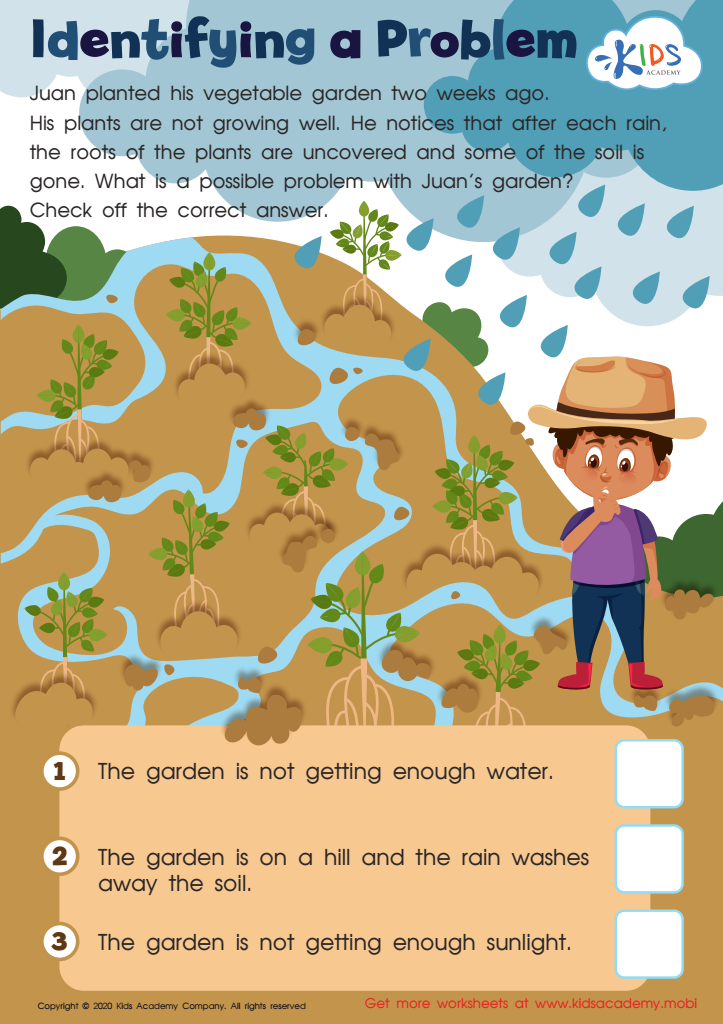

Identifying a Problem Worksheet
Easy Problem Solving activities for ages 7-8 are crucial for fostering essential cognitive and social skills in young learners. At this age, children's brains are rapidly developing, making it an ideal time to introduce activities that promote critical thinking and independent reasoning. Engaging in problem-solving tasks stimulates curiosity and encourages children to explore different methods and solutions, enhancing their creativity and adaptability.
Moreover, these activities often involve collaboration, promoting teamwork and communication skills. When children work together to solve problems, they learn to listen, share ideas, and appreciate diverse perspectives, which are vital skills for their future interactions.
Parents and teachers should care about these activities because mastering problem-solving can significantly impact academic performance across subjects, including math and science, where critical thinking is essential. Furthermore, early exposure to problem-solving builds resilience, teaching children that failure can be a part of the learning process and encouraging them to persevere.
Ultimately, incorporating Easy Problem Solving activities into a child's routine not only supports their cognitive development but also equips them with skills needed for both academic success and real-world challenges. These foundational experiences can shape their lifelong approach to learning and problem-solving.
 Assign to My Students
Assign to My Students








